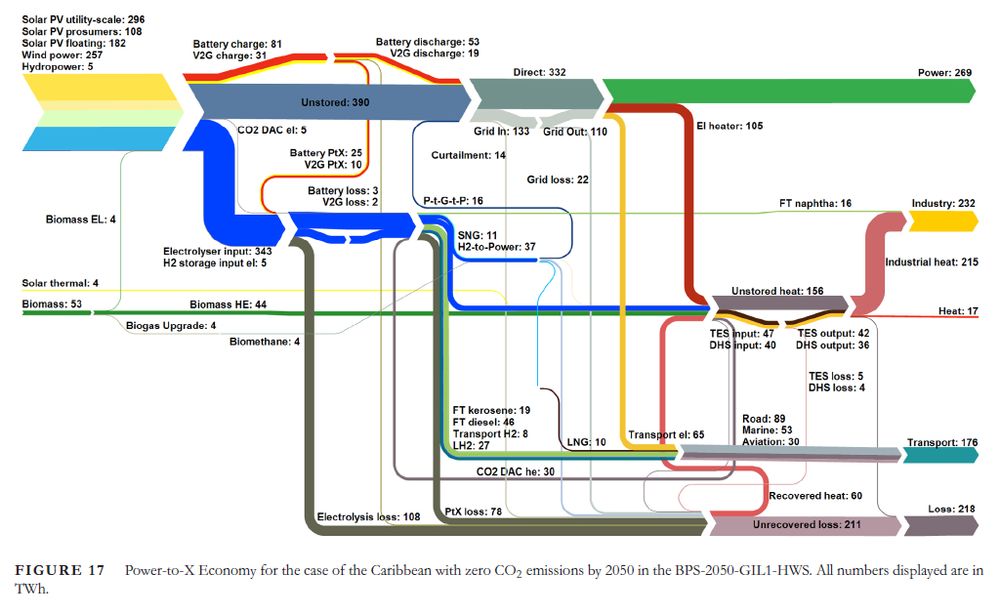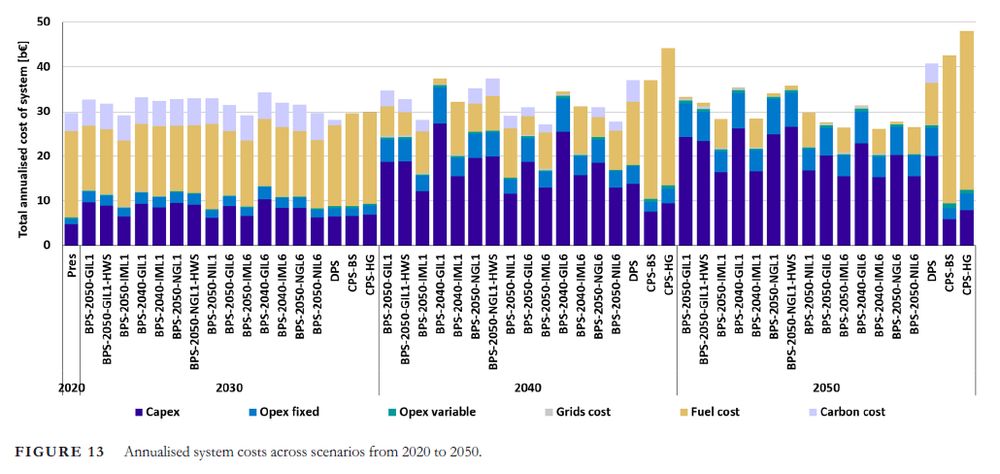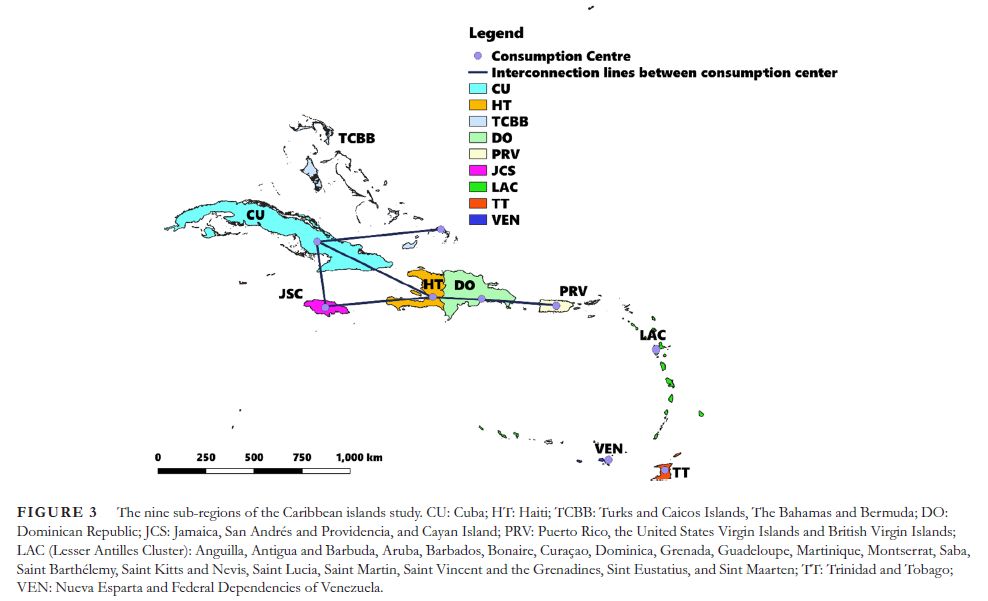Reposted by: Peter A. Strachan
Reposted by: Peter A. Strachan
Reposted by: Peter A. Strachan
Reposted by: Peter A. Strachan
Reposted by: Peter A. Strachan

Reposted by: Peter A. Strachan

Reposted by: Peter A. Strachan

Reposted by: Peter A. Strachan

Reposted by: Peter A. Strachan

Reposted by: Peter A. Strachan

Reposted by: Peter A. Strachan

Reposted by: Peter A. Strachan

Reposted by: Peter A. Strachan

Reposted by: Peter A. Strachan

Reposted by: Peter A. Strachan

Reposted by: Peter A. Strachan

by Paul Dorfman — Reposted by: Peter A. Strachan

by Mark Z. Jacobson — Reposted by: Peter A. Strachan
SouthCoast Wind will generate 2.4 GW of offshore wind for Massachusetts and Rhode Island
www.maritime-executive.com/article/bide...

by Mark Z. Jacobson — Reposted by: Peter A. Strachan
Dec. 16 US Supreme Court declines to hear challenges to California's right to control auto CO2
x.com/mzjacobson/s...
Dec. 18 Montana Supreme Court affirms kids' right to stable climate
x.com/mzjacobson/s...
by Mark Z. Jacobson — Reposted by: Peter A. Strachan
by Mark Z. Jacobson — Reposted by: Peter A. Strachan
"Plaintiffs definitively showed at trial..that climate change is causing serious+ irreversible harms to environment in Montana-assuring future Montanans a 'harmful' rather than 'healthful' envir. as guaranteed by Constitution"
www.theguardian.com/us-news/2024...

Reposted by: Peter A. Strachan
Reposted by: Peter A. Strachan
Reposted by: Peter A. Strachan
Reposted by: Peter A. Strachan
Reposted by: Peter A. Strachan
Reposted by: Peter A. Strachan

Reposted by: Peter A. Strachan

Reposted by: Peter A. Strachan

Reposted by: Peter A. Strachan
